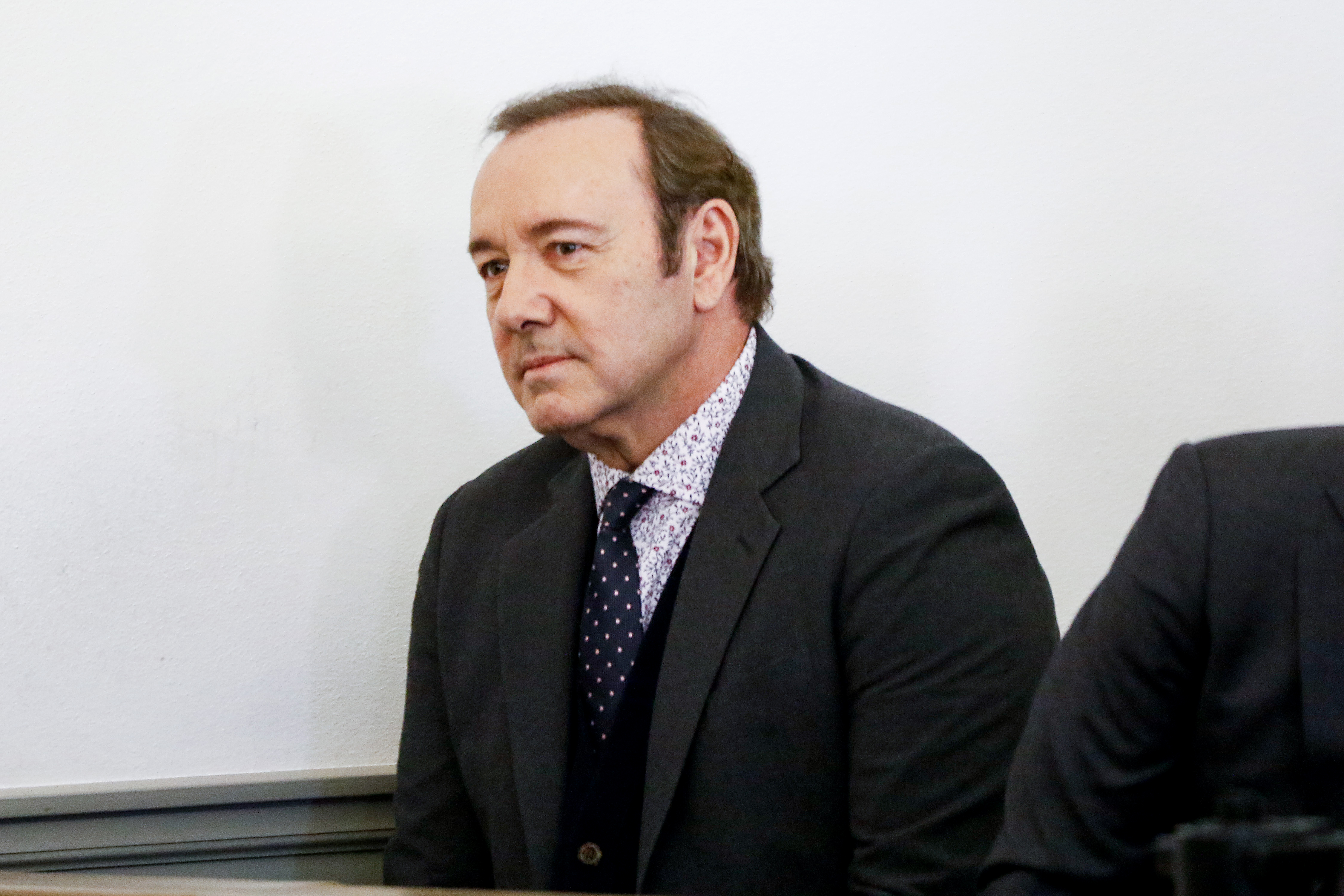In the years since his career effectively imploded, Kevin Spacey has been dealing with numerous accusations of sexual misconduct and other bad behavior. (He’s also spent time recording passive-aggressive videos and reciting poetry, for those keeping track at home.) In 2019, prosecutors dropped charges against Spacey for complex reasons in a sexual assault case. Now, another case involving Spacey is in the news — this one is civil rather than criminal — and its resolution might also be more complicated than it first seems.
The Southern District in New York is presently hearing a case in which an anonymous man — currently known only by the initials “C.D.” — is suing Spacey, arguing that the actor sexually assaulted him in the 1980s.
As Graham Bowley reports at The New York Times, C.D.’s anonymity has become a sticking point in the case. Judge Lewis A. Kaplan ruled that C.D. be identified to Spacey’s lawyers; more recently, Kaplan also declared that C.D. would need to identify himself for the lawsuit to continue. C.D.’s lawyers refused; according to the article, they suggested that they were planning to appeal the decision.
Bowley points out that this case — one of many civil cases involving sexual assault — is indicative of a larger question facing the judicial system. “[J]udges are increasingly being asked to weigh the strong desire of many accusers to maintain their anonymity against the presumption of openness in the court system and the ability of the accused to defend themselves,” he writes. This particular case may have reached an insurmountable obstacle, but the issues it raises will be debated for some time to come.
Thanks for reading InsideHook. Sign up for our daily newsletter and be in the know.

















